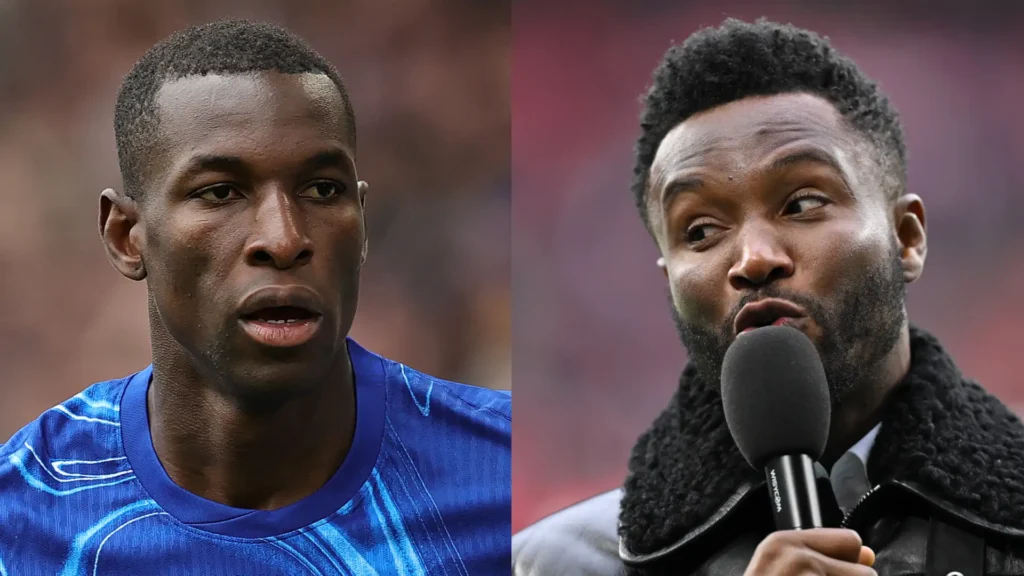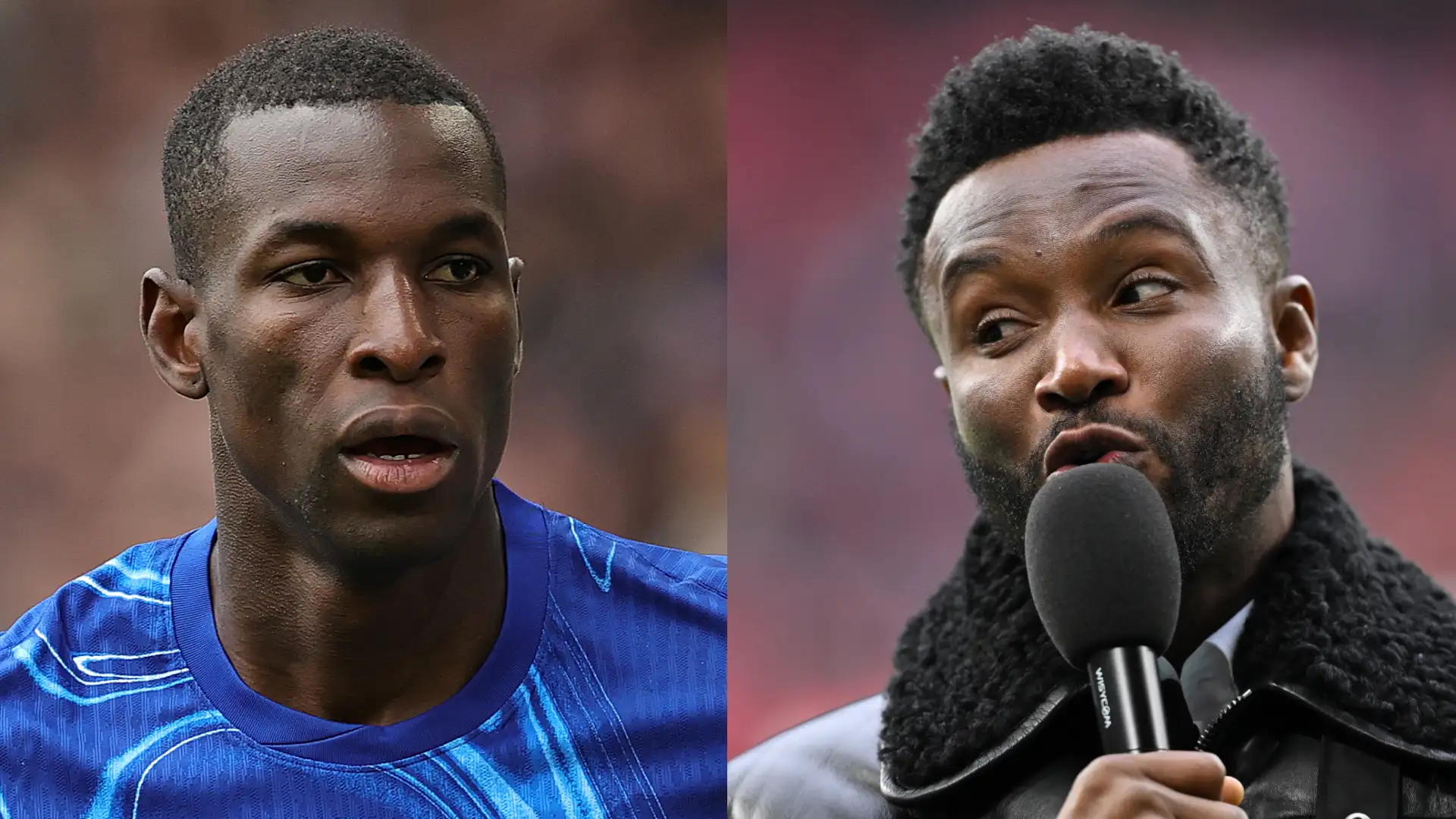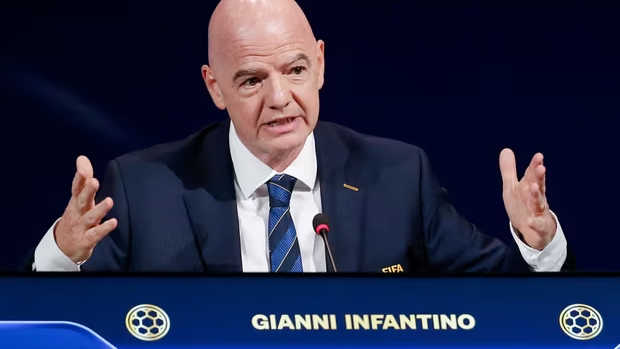Mikel : Former Blues Midfielder’s Words Spark Frenzy
Mikel John Obi
Chelsea legend John Obi Mikel stirred uproar with a sharply critical statement aimed at striker Nicolas Jackson following a costly red card incident during the Club World Cup match.
Speaking live on DAZN, Mikel described Jackson’s mistake, arguing that the young forward repeatedly fails to uphold the standards of a top-tier club. Immediately, discord erupted across social media, punditry panels, and fan communities, prompting broadcasts to issue apologies for the explicit language.

Heavier Consequences Beyond the Tongue-Lashing of Mikel
Jackson’s straight red card came just minutes into the second half, shifting momentum and weakening Chelsea’s on-field presence. More than a tactical blow, the incident triggered Mikel’s public outburst. He emphasized that Chelsea’s hierarchy must foster a fierce competitive spirit. While admitting he “does not care” about the striker’s frustration, Mikel insisted that responsibility and resilience are essential for success at elite levels .
At the same time, club officials and pundits are scrutinizing whether such frank scrutiny helps or hampers player development. Some suggest that constructive pressure is necessary for Jackson’s growth, whereas others argue that harsh public criticism may damage confidence.
Jackson Fires Back in Kind
Not one to stay silent, Nicolas Jackson responded to Mikel’s comments with an assertive Instagram message aimed at the veteran pundit: “shut your mouth, don’t talk s***t… we are killing ourselves for Africa”. His reaction sparked a wave of support from fans and fellow players, who praised his passion and solidarity. Jackson also issued a formal apology to supporters, acknowledging the red card and promising to learn from the error .
Debate Grows for Mikel Over Punditry versus Player Welfare
The incident has brought renewed attention to the balance between frank commentary and player morale. While analysts argue that high-pressure environments require accountability, others warn that live broadcasts and social media amplify criticism in ways that hurt emerging talents.
Furthermore, Mikel later clarified that his remarks were meant to be constructive and that he believed in Jackson’s long-term potential. He stated that he never intended to disrespect the striker and emphasized that Jackson offers “good pace” and can stretch defenses.
Team Response and Tactical Ramifications
Coach Enzo Maresca and team management are under pressure to manage both performance and morale. Jackson’s card not only cost Chelsea a man but also forced a tactical reshuffle in a crucial match. In response, the club is reportedly reviewing its internal discipline and support systems, ensuring players understand consequences clearly without undermining their confidence.
At the same time, potential transfers or increased competition—such as new striker signings—may be explored to reinforce the front line and motivate Jackson toward consistency.
Broader Implications for Club Culture
The episode has opened a wider conversation about how clubs should handle criticism and resilience. In today’s media era, players are under constant public scrutiny. As a result, clubs must balance honest performance feedback with mental well-being.
Moreover, fans are divided. While some champion transparency and accountability, others fear damage to team unity and player self-esteem.
Conclusion: Pressure as Catalyst or Crisis?
John Obi Mikel’s vocal critique of Nicolas Jackson has exposed fault lines in Chelsea’s culture, media, and youth development strategies. Although his blunt remarks sparked backlash, they also sparked essential conversations about competitive standards, player mental health, and the thin line between critique and criticism.
In the end, the real test will come on the pitch. If Jackson learns from this storm and elevates his performance, it may become a turning point in his career. If not, the episode will serve as a cautionary tale about high expectations and fractured communication in modern football.




